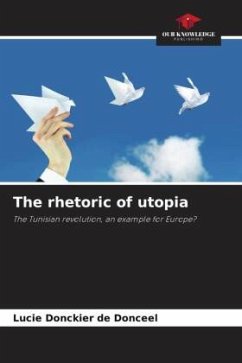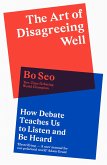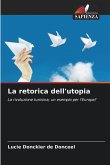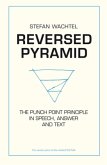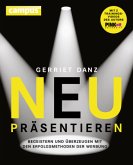This work seeks to define the rhetorical genre of Utopia and is inspired by Aristotle's thought. This genre is defined according to the rule of the three proofs, i.e. ethos, pathos and logos. More generally, this work is in line with the thinking of the Brussels School and Chaïm Perelman; great attention is paid to the political, civic and democratic components of rhetoric. Concretely, our reflection takes as its starting point the Tunisian revolution of December 2010 and January 2011; attention is therefore paid to the contemporary history of this country. Beyond this case study, the question of Human Rights and the matrix framework of the Universal Declaration of Human Rights as the foundation of our modernity is inevitably addressed. Finally, this work was written and carried out under the supervision of Emmanuelle Danblon, professor at the Université Libre de Bruxelles (Belgium) and founder of the Groupe de Recherches in Rhetoric and Linguistic Argumentation.
Bitte wählen Sie Ihr Anliegen aus.
Rechnungen
Retourenschein anfordern
Bestellstatus
Storno

